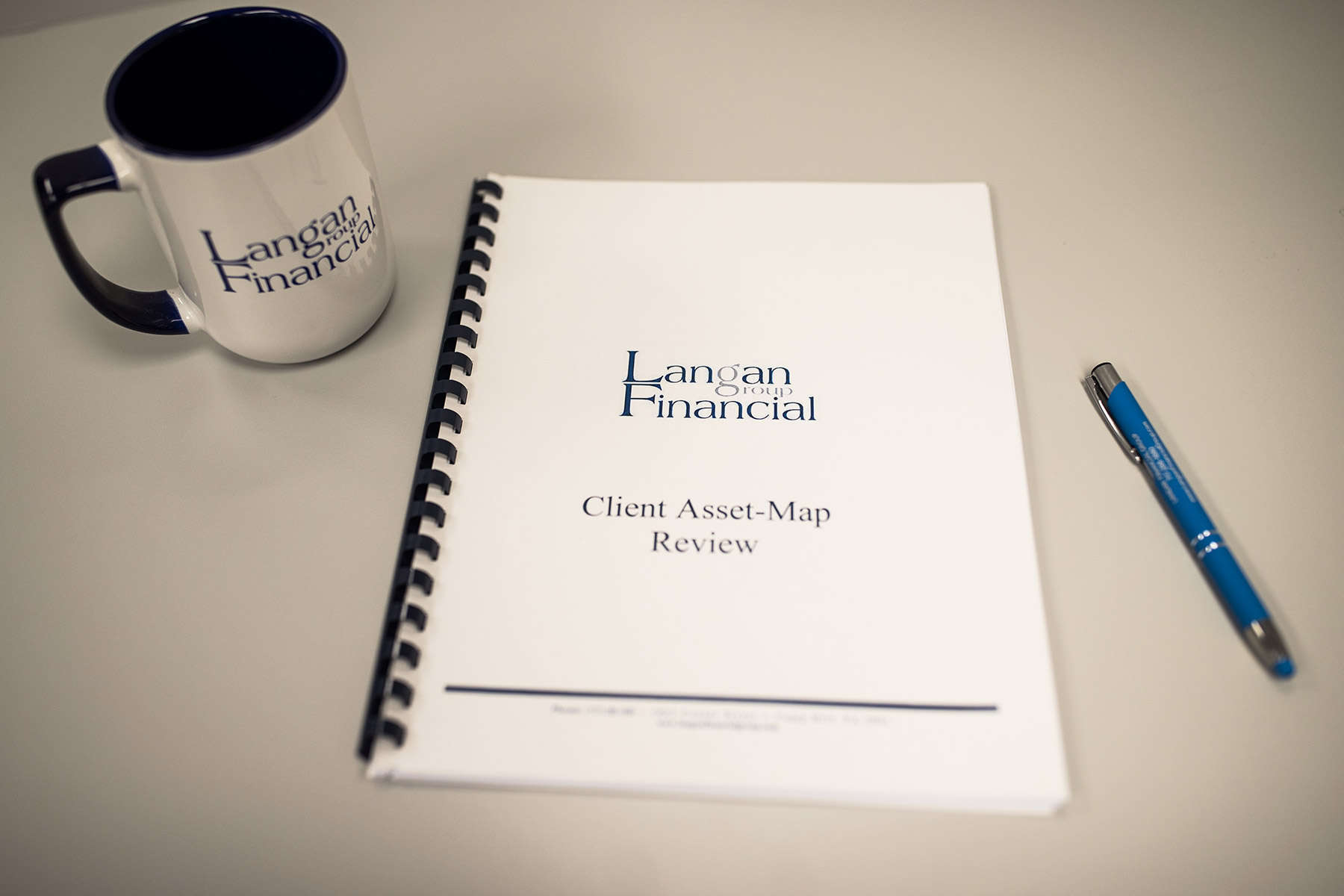401(K) loans can have a major impact on your retirement savings. Before rushing into one, you should consult with an advisor to determine if there are other alternatives to meet your needs.

401(K) Loan Rules
The rules for a loan will vary by plan, as the provisions for a loan are outlined in the summary plan description (SPD) that was created at the establishment of the 401(k). A 401(k) plan is not required to offer loans, so the first step in determining if a loan is a suitable option is if loans are allowed from the plan.
The SPD is a great resource for participants. Plan participants can gain insight into the eligibility criteria, loan limits, repayment terms, and other potential implications of 401(k) loans. This can be used to help navigate the loan decision-making process more confidently.
What Reasons Can A 401(k) Loan Be Initiated?
Requesting a 401(k) loan generally does not require the participant to provide the reasoning. However, it is dependent on the plan document. A 401(k) plan may require the loan to be for a specific reason, such as medical expenses or education expenses.
If it is not outlined in the plan document, there are no qualification standards other than having the funds available in a 401(k). The loan request could still be denied for other reasons that are outlined later in the article.
It is important to remember that since it is a loan, interest will be paid. As such a loan should not be taken unless the last resort.

How Many Loans Can You Take from Your 401(K)?
For most 401(k) plans, a participant is allowed to have one outstanding loan at a time. Therefore, a loan must be paid back in full before initiating another loan.
For plans that allow more than one loan at a time, the participant is normally limited to one loan per 12 months, as long as the total loan amount does not exceed the overall loan limit.
Will My Employer Know If I Take A 401(k) Loan?
The plan sponsor of a 401(k) plan is responsible for monitoring and maintaining all aspects of the 401((k) plan.
This means when taking a loan from a 401(k), it must be approved by the plan sponsor, which means that those who administer the 401(k) plan will know if you are taking a loan.
Can a Participant Be Denied a 401(k) Loan?
Although some plans do not require the participant to provide a reason for the loan, there are still situations where it could be denied, such as:
Close to Retirement
Since 401(k) loans are paid back through payroll deductions, when a participant is nearing retirement, they may be denied a loan since they will no longer be making salary deferrals.
If they were to take out the loan, once employment ends, they would be responsible for loan repayment. This creates the risk of missing a payment and defaulting on the loan, causing the employer to deny the loan.
Exceeded the Loan Limit
401(k) loans are allowed to be a maximum of $50,000 or half of the vested account balance. If an additional loan will push a participant over the maximum, their loan will likely be denied.
Another reason could be if the plan only allows for one loan at a time and the participant tries to take a second loan.
Financing everyday expenses or luxury purchases
Even though you do not have to provide a reason, an employer can still decline the loan request if they believe the funds are used to finance everyday expenses or luxury purchases.
While the loan may also be approved, it is ultimately at the discretion of the employer.
How Much Can Be Borrowed in a 401(K) Loan?
Generally, participants are allowed to borrow the lower of $50,000 or 50% of the vested balance of their 401(k) account. This is not the case for all plans, as some may have lower borrowing limits.
An example of this is if a participant has an account balance of $30,000, but the vested account balance is $20,000. According to the IRS, this participant can take a maximum 401(k) loan of $10,000.
The loan limits can be found in the summary plan description (SPD) or by asking the plan administrator.
401(k) loans are limited to the guidelines outlined in the summary plan description (SPD). A participant may have more than one loan outstanding, but both loans combined must still be under the maximum loan limit of $50,000 or 50% of the vested balance.
Some plan administrators may limit the plan to one loan per participant at a time to reduce administrative troubles that can arise by having multiple loans outstanding.

401(k) Loan Repayment Rules
The IRS outlines a five-year repayment for 401(k) loans with regular payments. Payments can be made more often, as there is typically no penalty for early repayments.
This timeline is also dependent on the rules outlined in the plan document. Some plans may allow for a shorter or longer repayment schedule.
Is 401(k) Loan Repayment Pre-tax?
Repayment of the loan will be deducted from paychecks on an after-tax basis since a pre-tax deduction already took place when the contributions first went into the plan.
The repayments will consist of repaying the loan balance, and payments towards the interest. It is important to note that there is not a third party receiving the interest from the loan, it goes back into the 401(k) to be used during retirement.
401(K) Loan Interest Rate
How the interest is calculated is specific to each plan, but it is typically calculated as the prime lending rate plus 1%.
If repayment of the loan stops, the outstanding loan amount including any interest will become a plan distribution. This will require taxes and the 10% penalty to be paid on the distribution.
How Long to Repay a 401(k) Loan
The timeline of repaying a 401(k) loan is dictated by the plan document of the 401(k). The IRS has set the following guidelines:
“Generally, the employee must repay a plan loan within five years and must make payments at least quarterly.”
There is an exception to the 5-year requirement when a participant uses the loan to purchase a primary residence, which in some cases, repayment can be allowed for up to 15 years.
Payments must be made at least quarterly, but more commonly are done with each paycheck in the same manner 401(k) contributions are processed.
It is important to remember that even though the IRS sets guidelines, this is seen as a maximum allowable repayment schedule. When initiating the loan, be sure to review the repayment schedule to see if a shorter loan timeline may be more suitable.
What Happens if the Participant Leaves Their Job?
If a participant leaves their job with an outstanding loan, they are required to pay back the loan in full. Previously, a participant was required to pay the loan back within 60 days of leaving the plan whether it be due to termination or voluntary leave.
In 2017, Congress passed the Tax Cuts and Jobs Act with a provision that extended the repayment of a 401(k) loan to the due date of the individual’s taxes.
What Happens If I Don’t Pay Back the 401(K) Loan?
If the loan is not paid back before the participant files their taxes, the loan will be treated as a taxable distribution from the 401(k).
If the participant is under the age of 59 ½, they will be required to pay the 10% penalty and income taxes on the distribution.
The Impact of a 401(k) Loan on a Retirement Portfolio
By taking a loan from a retirement plan, the participant is withdrawing funds from the market for current use. Depending on the length of the loan, the participant is missing out on gaining investment value with the loan funds.
In addition, the participant may discontinue 401(k) contributions while they are paying back the loan. This could be because the plan does not allow for contributions during a loan, or because they cannot afford to continue contributions while paying back the loan.
This limits the money being funded into the retirement account, freezing contributions until the loan is paid back.
If a participant is taking a 3-year loan, and thus does not contribute to the 401(k) for those three years, excluding market fluctuations they may be back in the same position prior to taking the loan.

Steps to Initiate a 401(K) Loan
If a participant has determined that a 401(k) loan is suitable for their financial situation, they can obtain a loan by:
- Talk to the plan administrator about loans from the 401(k) program
By talking to the plan administrator, they will be able to verify if loans are allowed through the 401(k) plan. They can also provide the summary plan description (SPD) that will define the specific provisions of the loan.
- Learn the specific provisions of the loan
There are some provisions set by the government, such as maximum loan limits. However, plan administrators are able to customize different parts of the loan provisions.
Items such as the interest rate, the number of outstanding loans allowed, and if contributions can continue while a loan is outstanding are all provisions that can be customized depending on the plan document.
- Complete the required paperwork
Depending on the recordkeeping service used, the loan can be initiated by calling the recordkeeper, through the online 401(k) portal, or with a paper form.
- Receive the loan
Funds will likely be received as either a direct deposit to the participant’s checking account or a mailed check.
- Make payments on the loan
Payments may be required quarterly or monthly, which will be dependent on the plan. The goal should be to pay off the loan as quickly as possible to continue saving for retirement. If possible, making contributions to the 401(k) during this time can help minimize the impact of taking the loan.
Should I Take a 401(k) Loan?
Taking a loan from a 401(k) plan should be viewed as a last resort in situations of quick financial need.
When determining if it is a viable solution, it is important to meet with a financial advisor to review other options and to ensure all aspects of the loan are understood.
About the Financial Authors

Alexander Langan, J.D, CFBS, serves as the Chief Investment Officer at Langan Financial Group. In this role, he manages investment portfolios, acts as a fiduciary for group retirement plans, and consults with clients regarding their financial goals, risk tolerance, and asset allocation.
With a focus on ERISA Law, Alex graduated cum laude from Widener Commonwealth Law School. He then clerked for the Supreme Court of Pennsylvania and worked in the Legal Office of the Pennsylvania Office of the Budget, where he assisted in directing and advising policy determinations on state and federal tax, administrative law, and contractual issues.
Alex is also passionate about giving back to the community, and has participated in The Foundation of Enhancing Communities’ Emerging Philanthropist Program, volunteers at his church, and serves as a board member of Samara: The Center of Individual & Family Growth. Outside of work and volunteering, Alex enjoys his time with his wife Sarah and their three children, Rory, Patrick, and Ava.

Harry Claypool currently serves as an Associate 401(k) Advisor at Langan Financial Group where he assists Alex in servicing retirement plans, preparing plan reviews, and handling administrative work.
In his free time, Harry enjoys visiting new restaurants, spending time with friends and family, and watching the Eagles.
About Langan Financial Group: 401(K) Financial Advisors
Langan Financial Group is an award-winning financial planning firm with offices in York, Pennsylvania and Harrisburg, Pa.
With over 100+ 5-star reviews, Langan Financial Group is an independent financial planning firm established in 1985, offering a broad range of financial planning services.
With an open architecture platform, our advisors have access to a diverse range of products, free from any sales quotas.
Our team of 9 financial experts, each with unique specialties, enhances our ability to focus on delivering value to our clients.
Disclosure
The content is developed from sources believed to be providing accurate information. The information in this material is not intended as tax or legal advice.
Please consult legal or tax professionals for specific information regarding your individual situation.
The opinions expressed and material provided are for general information, and should not be considered a solicitation for the purchase or sale of any security.
Securities offered through Cambridge Investment Research, Inc., a Broker/Dealer, Member FINRA/SIPC.
Investment Advisor Representative, Cambridge Investment Research Advisors, Inc. a Registered Investment Advisor. Cambridge and Langan Financial Group, LLC are not affiliated.
Cambridge does not offer tax or legal advice.



